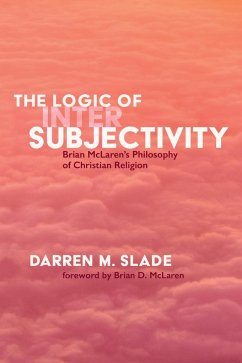Written in 1954 but unpublished in his lifetime, Robert Friedmann's Design for Living asks that pertinent existential question: how should we live? Drawing on literary, philosophical, and theological sources, Friedmann's answer begins with a critique of utilitarian ethics and popular apathy, and proceeds through an existential preparation that ascends in confessional style to the question of the meaning of human life, culminating in a fourfold set of principles: regard, concern, service, and love. Along the way, Friedmann's critical eye remains clearly fixed on his object of study--lived experience, and not abstract principles detached from day-to-day life--and he intentionally guides his reader step by step up the mountain of spiritual and ethical inquiry in a deliberate and serious attempt to educate the heart, mind, and soul. At once accessible and scholarly, while troubling our contemporary divide between religion and the secular, Design for Living presents a rare vision of human meaning and purpose that will appeal to scholarly and public readers alike.
Hinweis: Dieser Artikel kann nur an eine deutsche Lieferadresse ausgeliefert werden.
Hinweis: Dieser Artikel kann nur an eine deutsche Lieferadresse ausgeliefert werden.








